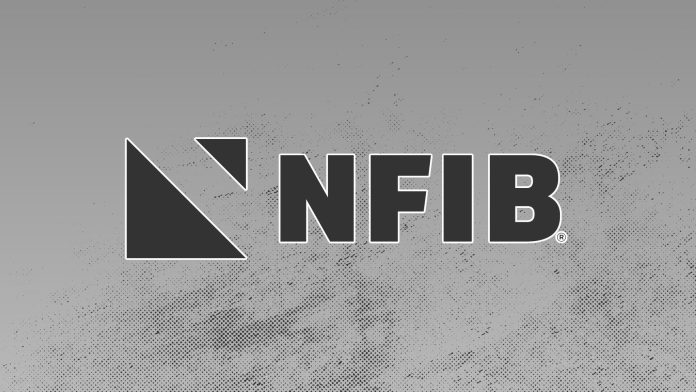A recent court ruling highlights the severe consequences of financial fraud during the COVID-19 pandemic, particularly concerning the Paycheck Protection Program (PPP). A Nevada man, Meelad Dezfooli, has been sentenced to over 15 years in prison for fraudulently obtaining more than $11 million from PPP loans intended to help small businesses weather the economic turmoil caused by the pandemic.
This case underscores critical lessons for small business owners about the importance of transparency and integrity in financial dealings. Dezfooli’s actions not only exploited taxpayer money but also disadvantaged the legitimate businesses that genuinely needed support. He falsified loan applications supported by fabricated documents, dramatically inflating employee counts and payroll expenses to qualify for assistance.
Key Takeaways:
- Dezfooli used taxpayer-funded loans for luxury purchases and gambling rather than aiding struggling businesses.
- He committed bank fraud and money laundering, leading to a jury convicting him on multiple counts.
- The case emphasizes a commitment to protecting taxpayer funds and ensuring aid reaches those in need.
“This defendant stole more than $11 million in taxpayer funds that he used to finance luxury purchases and gambling,” stated Acting Assistant Attorney General Matthew R. Galeotti. This affirmation is a clear indication of the criminal repercussions faced by those who take advantage of government relief programs designed to support American business owners.
Small business owners can learn valuable lessons from this case—integrity matters. As the pandemic forced many to look for financial assistance, the desperate need for support should not lead to unethical decision-making. Instead, adhering to transparent practices can foster trust and stability within the community, as well as safeguard against legal repercussions.
Dezfooli’s fraudulent activity extended beyond application submissions. After receiving the funds, he laundered the money through real estate, acquiring around 25 properties in Nevada while using aliases and fictitious entities to conceal his identity. His operations only ceased after law enforcement intervened, seizing multiple properties and vehicles linked to his illicit activities.
Moreover, the importance of collaboration among law enforcement entities is at the forefront of this case. The investigation involved the IRS Criminal Investigation Division, the Office of Inspector General for the Board of Governors of the Federal Reserve System, and SBA oversight, demonstrating a unified front against fraud. These organizations are devoted to maintaining the integrity of financial systems and public trust during extraordinary times.
“The consequences of the defendant’s PPP loan fraud scheme have caught up with him,” emphasized Acting U.S. Attorney Sigal Chattah. Accountability is crucial, especially when financial crimes undermine essential programs meant to protect small businesses.
This ruling serves as a stark reminder that leveraging government aid must be approached with care. Small business owners should keep accurate and truthful records, avoiding any temptation to cut corners in their pursuit of assistance. The repercussions of fraudulent activity can lead to devastating penalties that extend beyond financial loss, including the potential for imprisonment and extensive restitution payments. Dezfooli was ordered to pay restitution exceeding $11.7 million and forfeiture of assets amounting to over $11 million.
As the landscape for small businesses continues to evolve in the aftermath of the pandemic, vigilance against fraudulent practices is imperative. Business owners need to ensure they’re not only compliant with legal standards but also ethical in their practices to guarantee the longevity and integrity of their enterprises.
In light of these developments, small business owners should remain informed about the risks associated with financial fraud and reinforce their commitment to ethical practices. The DOJ encourages anyone with information about potential COVID-19 relief fraud to report it, highlighting a community responsibility in safeguarding public funds.
For the full details on this case, visit the U.S. Department of Justice press release here. For further insight on recent investigative cases and oversight reports, the SBA OIG offers email updates, which can be accessed here.
Image Via BizSugar



